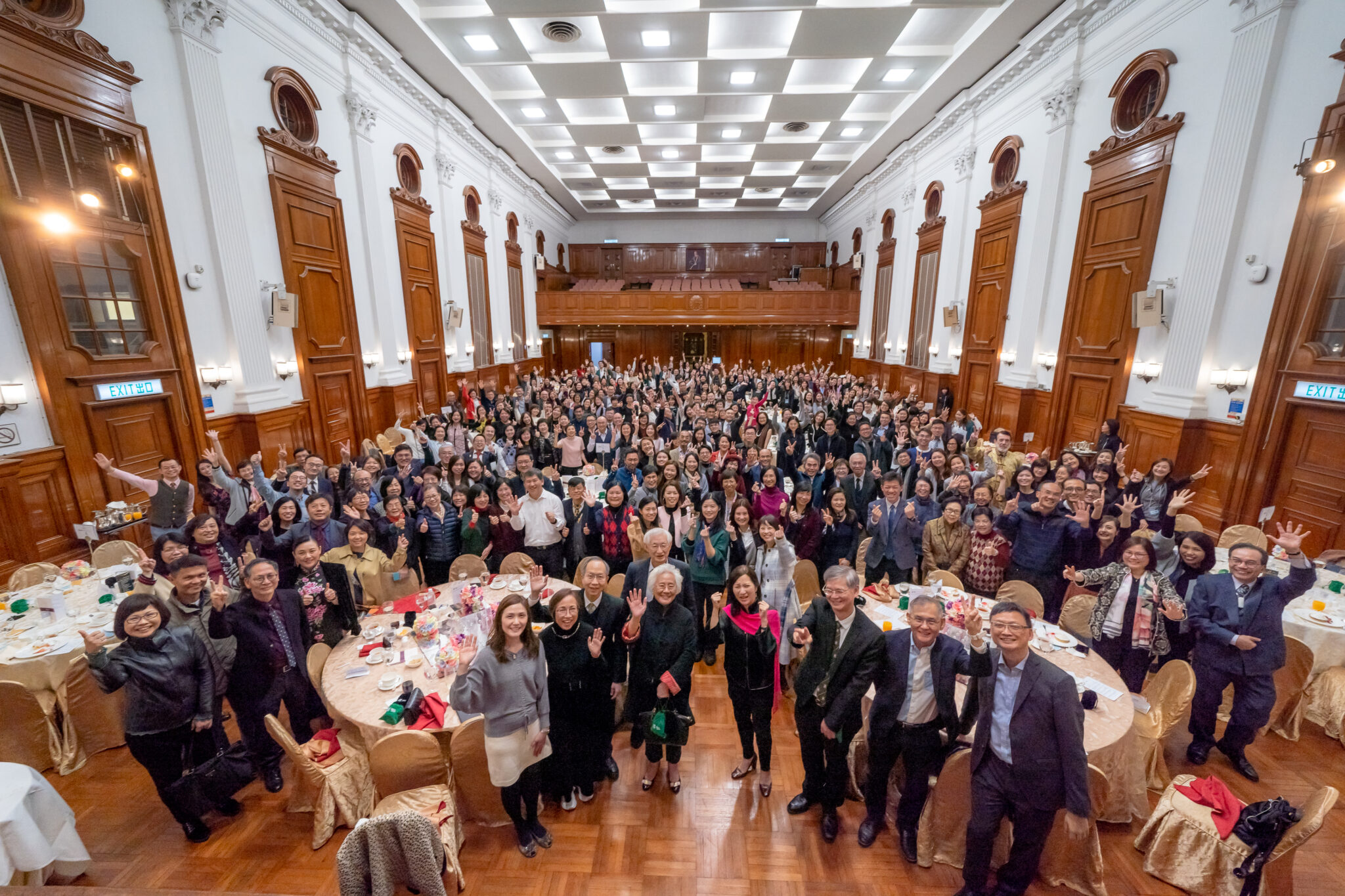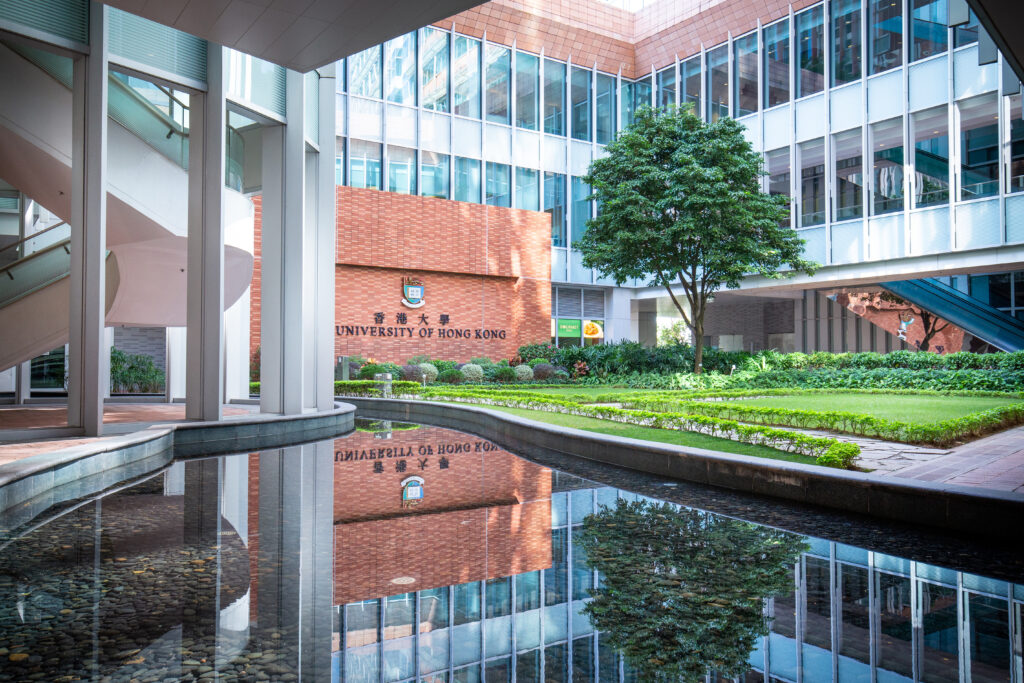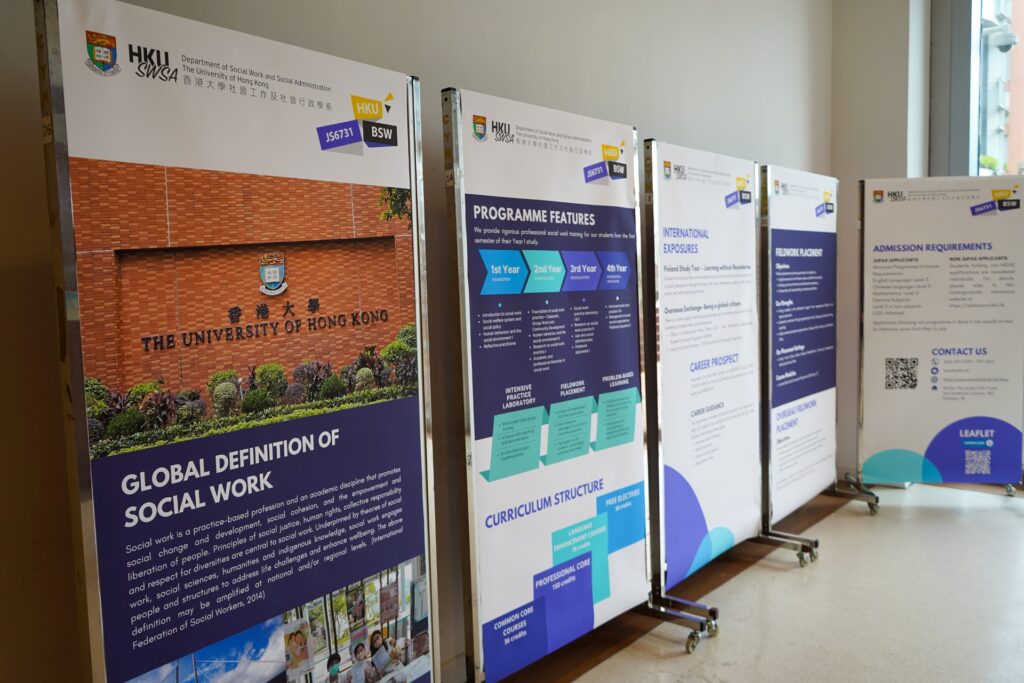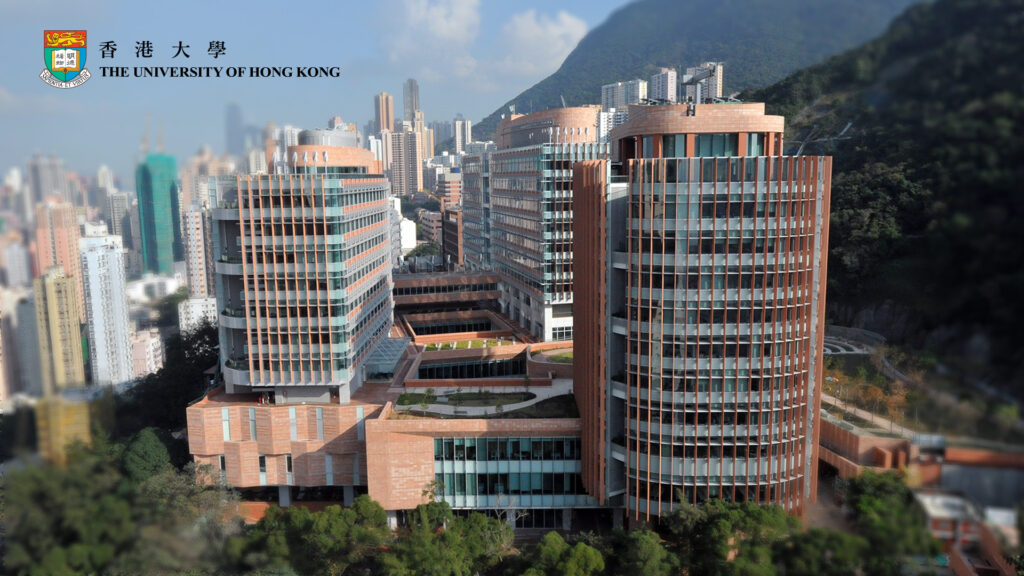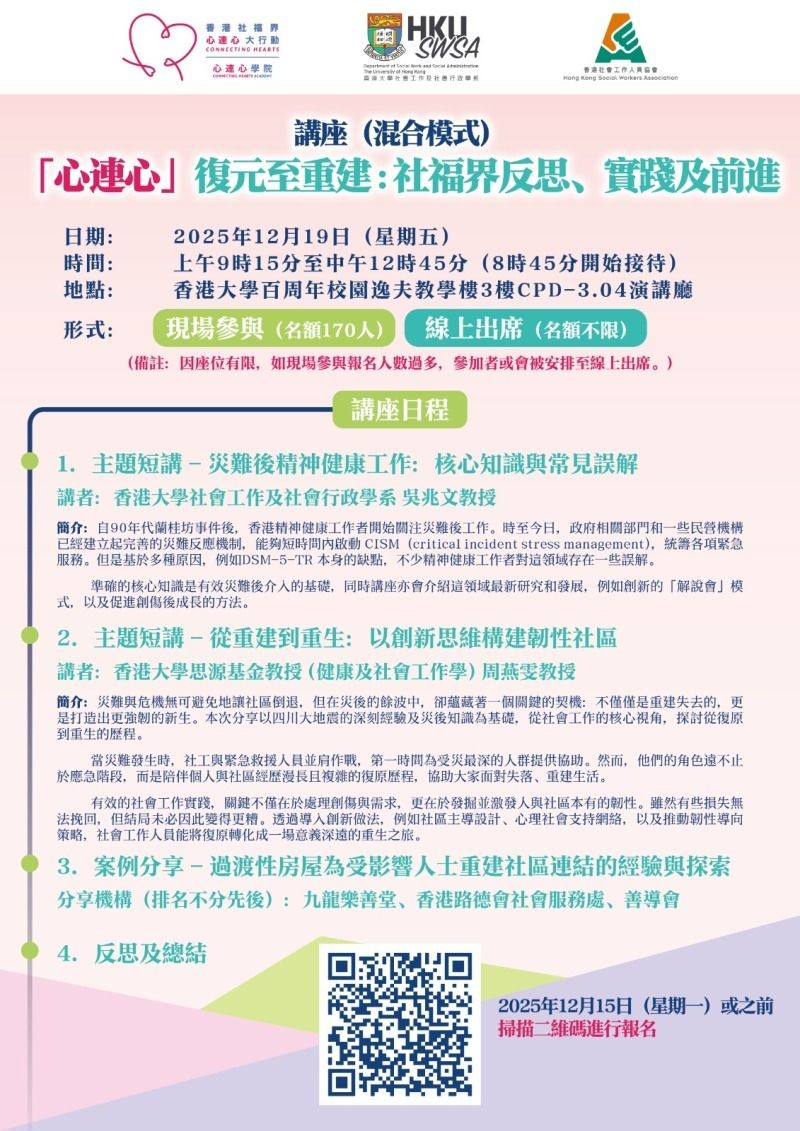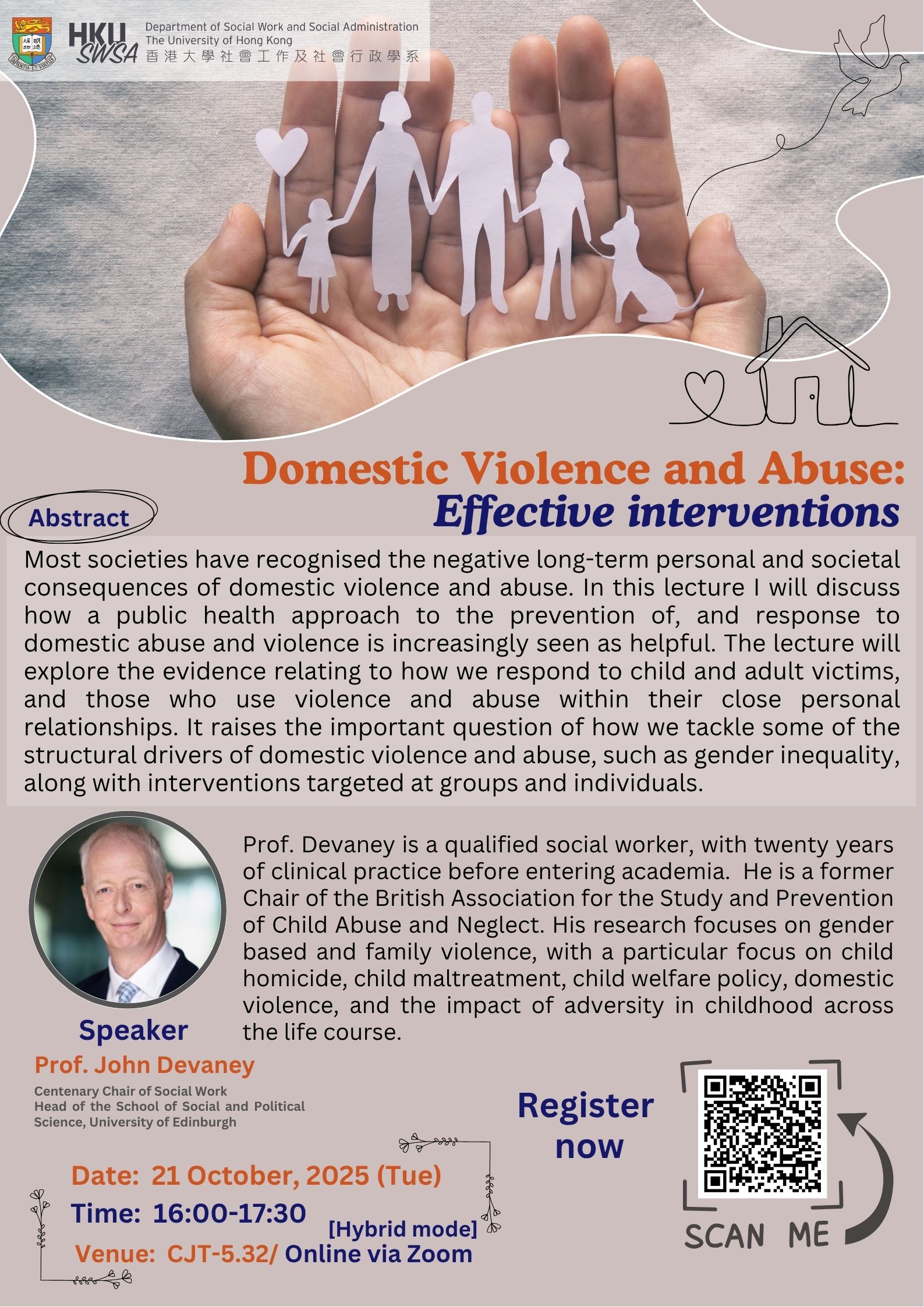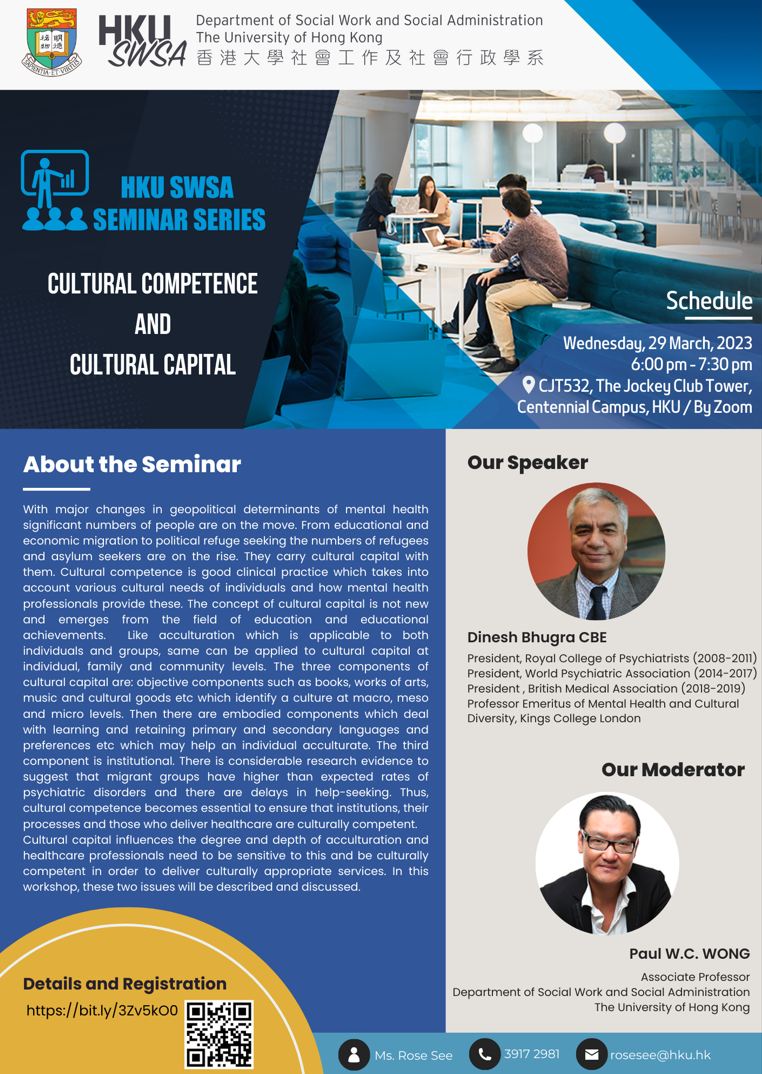
With major changes in geopolitical determinants of mental health significant numbers of people are on the move. From educational and economic migration to political refuge seeking the numbers of refugees and asylum seekers are on the rise. They carry cultural capital with them. Cultural competence is good clinical practice which takes into account various cultural needs of individuals and how mental health professionals provide these. The concept of cultural capital is not new and emerges from the field of education and educational achievements. Like acculturation which is applicable to both individuals and groups, same can be applied to cultural capital at individual, family and community levels. The three components of cultural capital are: objective components such as books, works of arts, music and cultural goods etc. which identify a culture at macro, meso and micro levels. Then there are embodied components which deal with learning and retaining primary and secondary languages and preferences etc. which may help an individual acculturate. The third component is institutional. There is considerable research evidence to suggest that migrant groups have higher than expected rates of psychiatric disorders and there are delays in help-seeking. Thus, cultural competence becomes essential to ensure that institutions, their processes and those who deliver healthcare are culturally competent.
Cultural capital influences the degree and depth of acculturation and healthcare professionals need to be sensitive to this and be culturally competent in order to deliver culturally appropriate services. In this workshop, these two issues will be described and discussed.
Speaker
DINESH BHUGRA CBE
President, Royal College of Psychiatrists (2008-2011)
President, World Psychiatric Association (2014-2017)
President, British Medical Association (2018-2019)
Professor Emeritus of Mental Health and Cultural Diversity, Kings College London
Moderator
Paul W.C. WONG, Associate Professor
Department of Social Work and Social Administration
The University of Hong Kong
?
About the speaker
As a cultural psychiatrist he has been always interested in the impact of culture on mental health. As part of WPA programme he led on and crafted 20 Position Statements on various topics some of which have strongly influenced policy in governments around the world. He established Presidential task Forces on Child abuse and Neglect, Inter-personal Violence, Prisoner mental Health care, Migrant health care, LGBT populations’ mental health care and those of people with intellectual disabilities. He created programmes for mental health promotion and appointed Good Will Ambassadors from Bollywood and Hollywood along with patients and religious leaders. He established 6 WPA Collaborating centres in different parts of the world to share research, policy and training. Following a survey of discrimination against people with mental illness in 193 countries, he developed Bill of Rights for Individuals with mental Illness signed by 60 organisations which was followed by Bills of Rights for Children and young people and for those with intellectual disabilities.
He has authored/co-authored over 500 scientific papers, chapters, editorials and 40 books. Three of his books have been translated into Mandarin and Japanese and various books have won awards including Oxford Textbook for Public Mental Health which was BMA Book of the Year in psychiatry in 2019. The same year, Practical Cultural Psychiatry was highly recommended. He is the Editor of the International Journal of Social Psychiatry and International Review of Psychiatry.
He is on the Board of Sane and Psychiatric Research Trust charities. Between 2019-2022 he chaired DocHealth charity which provides psychotherapy to doctors and medical students.
Date and Time:
March 29, 2023 (Wednesday)
6:00pm – 7:30pm
Location:
In Person: CJT-5.32, The Jockey Club Tower, Centennial Campus, HKU / Online: Zoom
Registration:

